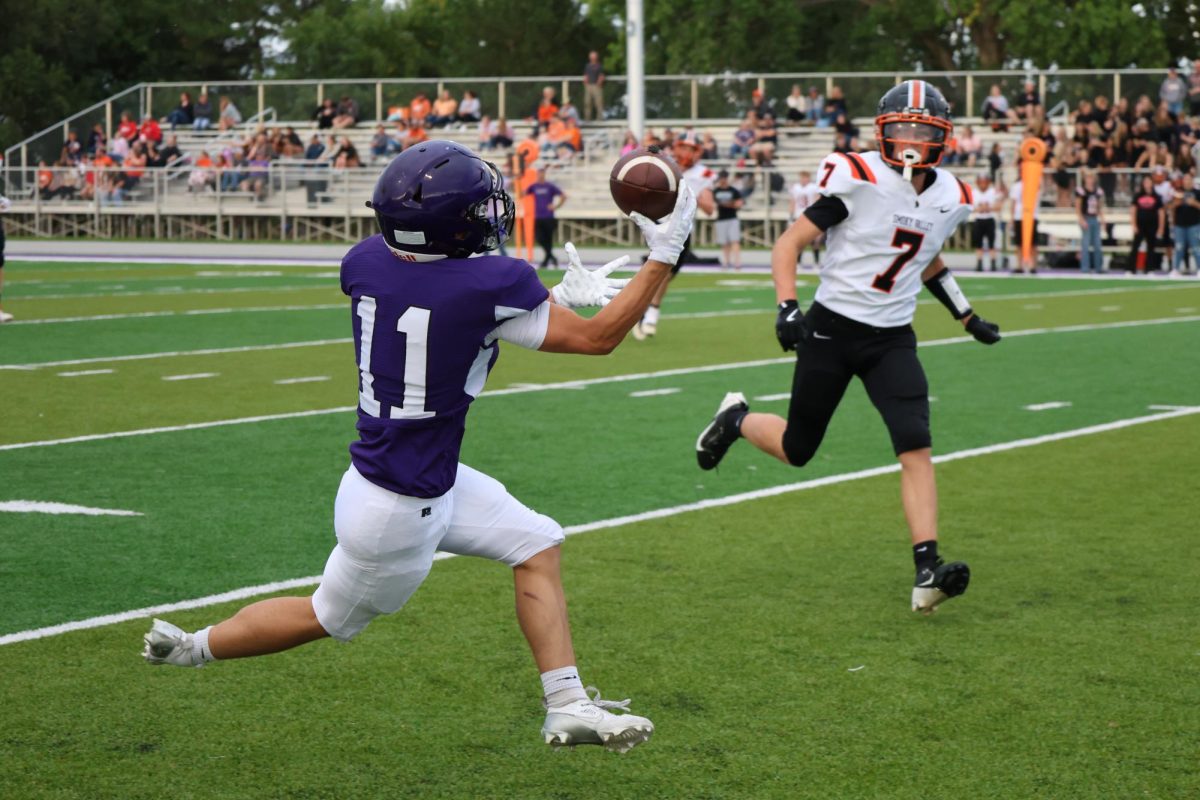
In this day and age, everyone is posting on social media. Whether it’s posts about jobs, kids, big life events, or even home videos and vlogs, posting on social media has become a very popular activity, especially for teens and adults. This comes with its own drawbacks, and begs the question: should there be concern about the dangers of posting young children on social media?
Many parents post pictures, videos, or information on social media about their young children. Typically, these posts are a way to update friends and family on new developments, relay positive content, or to share how they are proud of their children. Although most of these instances are meant to be a positive thing, there are several dangers when sharing private information on social media.
Exposing too much information on posts can result in hacking, facial recognition tracking, identity theft, and many more dangers that parents may not be aware of when posting their children on social media. According to CBS News, “Studies estimate ‘sharenting’ will play a role in two-thirds of identity fraud cases facing young people by 2030” (CBS News). By posting innocent content on social media, parents are exposing their children to various different threats they don’t even know about yet. Choosing to be cautious of what and how much they post can help parents keep their children protected from some of the dangers of social media.
Not only can posts be dangerous, but there is also the issue with consent from the children. Most of the children that are being posted online are too young to give consent for this, or don’t really understand what they may be consenting to. There is currently no law that protects children from being posted online. Children that are posted online, especially the ones involved in vlogs or home videos, are similar to child actors. Unlike child actors, they do not have any laws that protect them against child labor, fair pay, hours of work, etc. Although home videos and vlogs are acquiring revenue, most families that share these videos are not paying their children who are also involved in the content, and there is no law preventing this. The children in these videos often do not have a choice whether or not they are in these videos, as well as how many hours they have to put in to make videos. Even though there are no laws regulating these instances, parents need to be aware of these issues and make sure they are being fair to the children in these videos.
Sharing too much information or personal information is another problem that parents face when posting their children on social media. Parents might post information that they think is innocent and funny, but is actually embarrassing or harmful to their children when they are older and trying to find jobs. Parents need to ensure that any post they make will not have a negative impact on their child.
By posting their children on social media, parents are ultimately the beginning of their children’s digital footprint. Posts on social media can be harmful to children and their futures. Overall, parents need to keep in mind the best interest of their children before posting them on social media.
Work Cited
CBS News. “Posting Photos Of Your Children On Social Media? Experts Warn There May Be Consequences.” CBS News, 9 June 2022, https://www.cbsnews.com/sacramento/news/posting-photos-of-your-children-on-social-media-experts-warn-there-may-be-consequences/. Accessed 20 September 2023.












